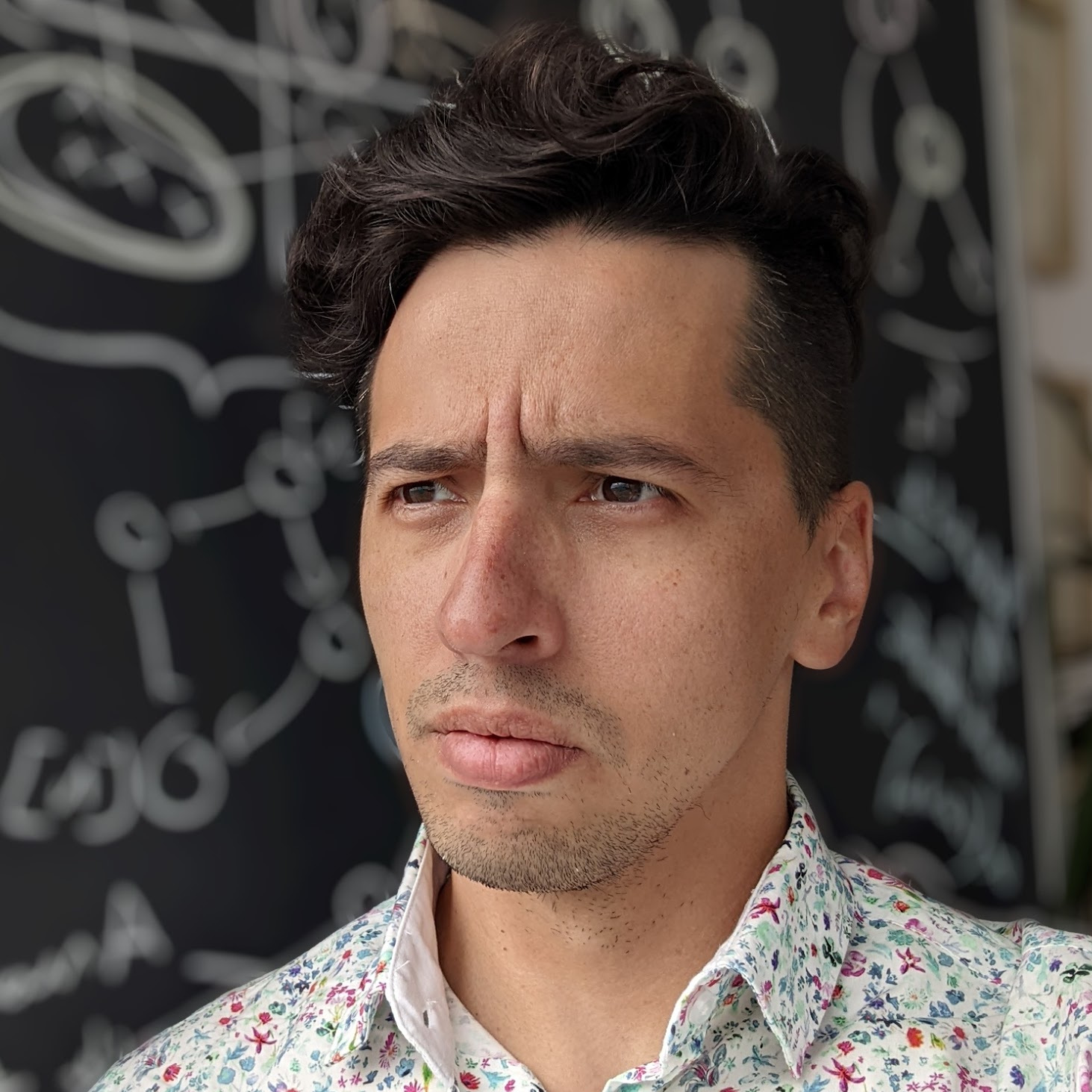The lab started in 2015, with a simple mission statement: to study ecological networks.
Ten years later, we are a different lab, and we are, of course, living in a different world.
As we perform research, and as students bring new interests and perspectives to the lab, our focus shifts. Our research momentum sometimes moves us in unexpected directions, while paying attention to the world around us may suggest new directions still.
I wrote the research statement that gave this lab its original goal when I was a post-doc. In the years since, through the practice of research, and through thinking about both what it means for a society to value science and to be a scientist in a society, I must admit: we can do things differently.
Coming to this realization was easy — I only had to look at the research directions that the trainees wanted to explore. Doing good research was not enough; doing research that could be used for good is much more important.
And so, ten years later, where are we? A more mature research group, in a world that feels a lot worse.
These initial research directions were not wrong. We trained wonderful scientists, who produced impressive scholarship. I got some answers I really wanted about the variation of ecological interactions, and my personal curiosity about this has been more than satisfied. There is still a lot of fundamental research to do on ecological networks, and we are going to keep chipping at it.
But our research directions have changed: the core of what we do is not networks anymore.
These current research directions are, likely, not right. But they feel like we have observed important changes in the world, and grew into doing the sort of research that can speak to some of it.
A tiny little bit, assuredly. But some.
Science is a constant process of reinvention. Often, this reinvention is about how we think about the world, and of the tools and ideas we use to understand the world around us. But we also can practice this reinvention on ourselves. It’s not illegal!
To quote from Paulo Freire,
[k]nowledge emerges only through invention and re-invention, through the restless, impatient, continuing, hopeful inquiry human beings pursue in the world, with the world, and with each other.
Practicing biodiversity sciences right now is so poignant, precisely because it is still hopeful. It is grim, but this grimness is a reminder that we need to practice our science with intent and purpose. We are losing species. We will be exposed to more diseases. The burden of climate change will grow. Pristine ecosystems are shrinking. All of this is true. But so is: it’s not over yet.
Remaining focused only on curiosity-driven research would feel like a missed opportunity, when we can also turn this fundamental research into meaningful contribution to immediate challenges.
Needs-based research done with curiosity — this is what we slowly reinvented ourselves into.
Predictions we can trust. Guidance about what to measure. Most of what we do is now looking forward, reducing uncertainty when we can and embracing it when we cannot, and making sure that predictions can be formulated in ways that inform rather than obscure.
This is a world away from the science I thought I would do ten years ago; but this is also the only science I can think of doing right now. I believe it is important, and I think we are doing it right.
 ÉPICBiodiversity
ÉPICBiodiversity
